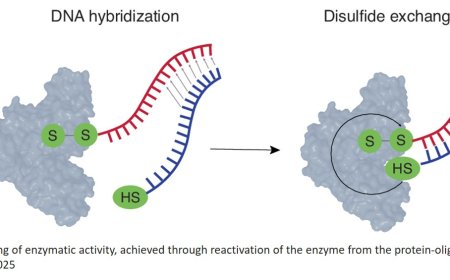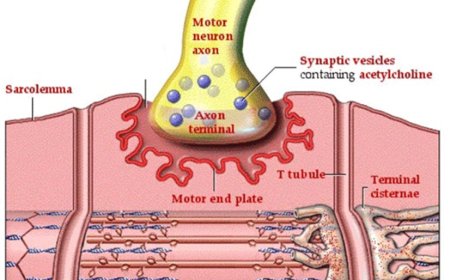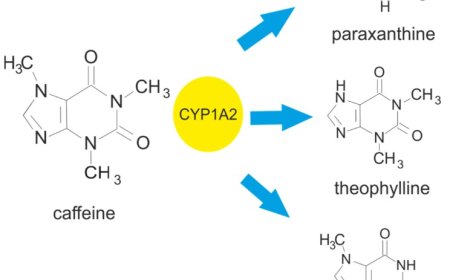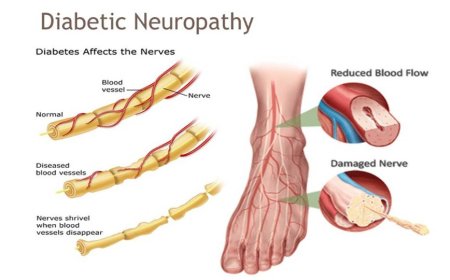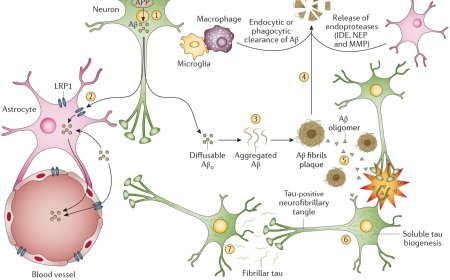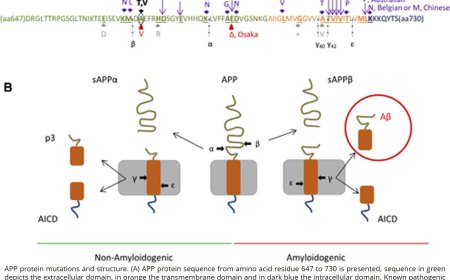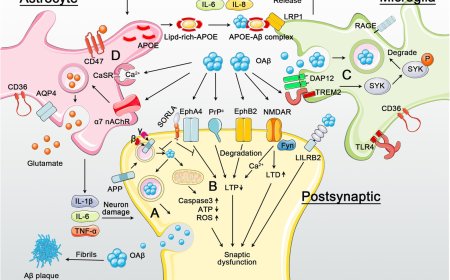Presenilin (PSEN) in Alzheimer’s
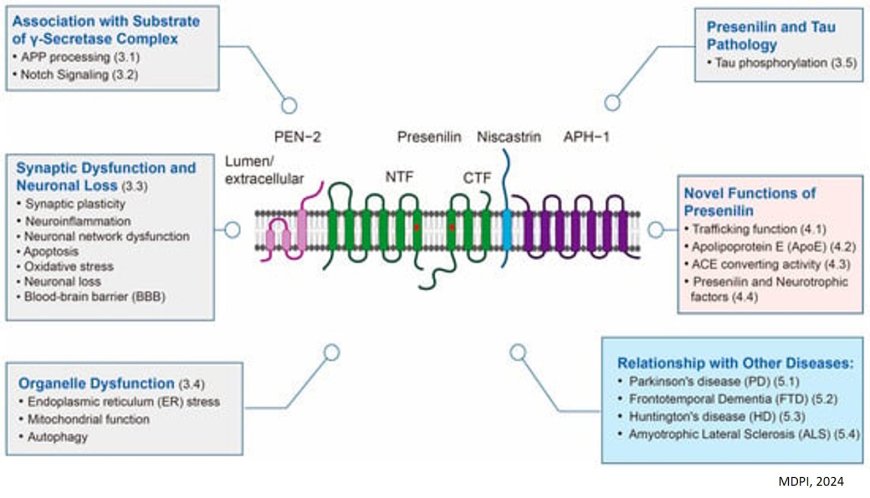
Presenilin (PSEN) is a protein that plays a crucial role in the development of Alzheimer's disease (AD). Here's an overview of PSEN in Alzheimer's:
Structure and Function
1. PSEN1 and PSEN2: There are two presenilin genes, PSEN1 and PSEN2, which encode the presenilin-1 (PS1) and presenilin-2 (PS2) proteins, respectively.
2. Gamma-secretase complex: PSEN is a component of the gamma-secretase complex, which is responsible for cleaving the amyloid precursor protein (APP) to produce amyloid-β (Aβ) peptides.
3. Intramembranous aspartic protease: PSEN has been shown to be an intramembranous aspartic protease, which is responsible for the cleavage of APP.
Role in Alzheimer's Disease
1. Familial Alzheimer's disease: Mutations in the PSEN1 and PSEN2 genes are associated with early-onset familial Alzheimer's disease (EOFAD).
2. Amyloid-β production: PSEN is involved in the production of Aβ peptides, which accumulate in the brains of individuals with Alzheimer's disease.
3. Tau pathology: PSEN has also been implicated in the development of tau pathology, which is another hallmark of Alzheimer's disease.
PSEN Mutations and Alzheimer's Risk
1. PSEN1 mutations: Over 200 mutations in the PSEN1 gene have been identified, which increase the risk of developing Alzheimer's disease.
2. PSEN2 mutations: Fewer mutations have been identified in the PSEN2 gene, but they also increase the risk of developing Alzheimer's disease.
Therapeutic Targeting of PSEN
1. Gamma-secretase inhibitors: Inhibitors of the gamma-secretase complex, which includes PSEN, have been developed as potential therapeutic agents for Alzheimer's disease.
2. PSEN-specific inhibitors: Specific inhibitors of PSEN have also been developed, which aim to reduce Aβ production and slow disease progression.
Challenges and Future Directions
1. PSEN's role in normal physiology: Further research is needed to understand PSEN's role in normal physiology and how it contributes to Alzheimer's disease.
2. Development of PSEN-targeting therapies: The development of effective PSEN-targeting therapies remains a challenge, and further research is needed to overcome this hurdle.
